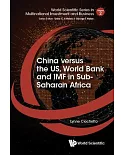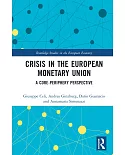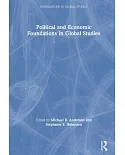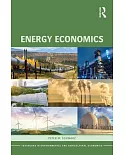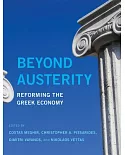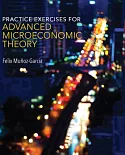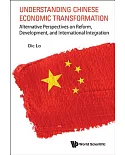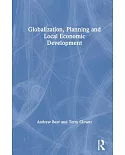The right to food is guaranteed in South Africa’s Constitution as it is in international law. Yet food insecurity remains widespread and persistent, at levels much higher than in countries
with similar levels of per capita GDP and development, such as Brazil. In this book, leading local and international researchers on food security and related policy work have come together to
create the first systematic and trans-disciplinary analysis of food security and its multiple dimensions in South Africa and the southern African region. Drawing on Amartya Sen’s entitlement
theory to identify the key drivers of hunger, they see food insecurity as a chronic, structurally based condition rather than only resulting from natural environmental disasters, temporary
economic shocks and household vulnerabilities. The authors focus on a range of policy options and choices to provide short-term and longer-term solutions to the systemic causes of
unemployment, failing rural livelihoods and traditional subsistence production. They also emphasize the linkages between the social and economic dimensions of food insecurity and use an
integrative, interdisciplinary approach to analyse the reasons why these conditions persist and what can be done to address them. Importantly the book brings together work undertaken at local
and national levels in new ways so that policy-makers, researchers, human rights advocates and social and economic scholars are better able to make the links between macro- and
micro-processes of development.




